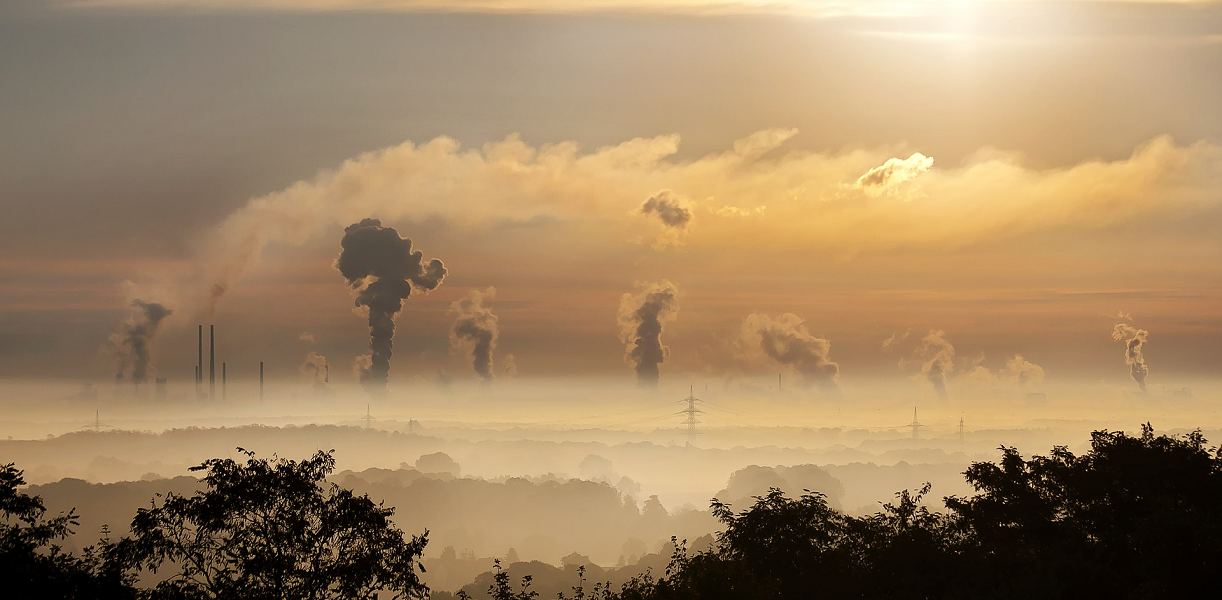On 1 August this year, the Polish Electricity Committee (PKEE) published a press release on the European Union’s non-emissions strategy for 2050.
PKEE takes a position consistent with the idea of the European Union policy, which assumes an innovative and low-emission economy while maintaining the conditions of sustainable development.
According to the communication over the last ten years, Poland has quadrupled its production of electricity from renewable sources (RES), reduced the share of coal fuels in the energy mix from 95% to 77%, while reducing greenhouse gas emissions by nearly 30% compared to the baseline level under the Kyoto Protocol.
Implementation of the strategy, as predicted by the European Commission, requires an increase in expenditure to 2. 8% of the European Union’s GDP, which means a sum of between EUR 520 and 575 billion per year in costs for the entire economy of the EU Member States.
For the Polish energy sector, the estimated financial outlays will amount to approximately EUR 215 billion in the years 2020-2045. The amounts indicated do not include expenditures related to the development of transmission and distribution networks. The Committee believes that it is essential to build a cost-benefit sharing mechanism for achieving the EU’s vision for a low-carbon economy.
PKEE believes that changes leading to climate neutrality should take place in an evolutionary manner so as to ensure stable conditions for the transformation of the European economy and not to disrupt its growth conditions.



